
The 7th International Symposium on West African Studies (ISWAS) opened on Wednesday, November 19, 2025 at the Ghana Institute of Management and Public Administration (GIMPA) with a mandate that extended beyond typical academic discourse.
In a series of high-level deliberations, diplomats and scholars laid out a concrete roadmap for how Artificial Intelligence (AI) must move from a buzzword to a driver of Equity, Empowerment, and Resilience across the West African region. The symposium, themed Sustainable Economic and Social Development in West Africa: AI Empowerment and Innovation, is a tripartite collaboration between the University of Electronic Science and Technology of China (UESTC), GIMPA, and the University of Cape Coast (UCC).
Delivering a keynote that bridged diplomacy and hard economics, Tong Defa, the Chinese Ambassador to Ghana, mentioned that the value of AI lies in its application to Ghana’s real economy. He called on the delegation to visualize a near future where digital infrastructure fundamentally alters national output. “Let’s imagine: what if AI technology is widely applied in Tema Port, in the cultivation of cassava and cocoa, and in the construction of the Volta Economic Corridor?” Ambassador Tong asked. “I believe it would greatly enhance the production efficiency and economic development of Ghana.”
Mr. Tong Defa framed these proposals within the broader context of the recent FOCAC Summit in Beijing and the upcoming “China-Africa Year of People-to-People Exchanges.” He pledged China’s commitment to helping developing nations bridge the intelligent divide, ensuring that West Africa secures a distinct voice and representation in the global governance of AI.
Welcoming delegates to the opening ceremony, the Rector of GIMPA, Prof. Samuel Kwaku Bonsu, recalled the inaugural ISWAS at UCC in 2017 and the subsequent Smart City themed event at UESTC in China. He emphasized that the partnership between GIMPA and UESTC has transcended academic exchange to become a bond for cultural integration.
“For the West African region, artificial intelligence holds enormous potential and is expected to become a key driving force for achieving sustainable development goals. We also hope that this seminar can further promote capacity building and cooperation, inspire profound reflection and action, and bring greater and more positive impacts to our institutions, countries, and even the entire West African region.”
On behalf of the Acting Vice-Chancellor of the University of Cape Coast, Professor Rosemond Boohene, a former Pro-Vice Chancellor of UCC, cautioned against adopting technology solely for speed. She also highlighted that for the region to overcome challenges like climate vulnerability and educational gaps; the demographic dividend of West Africa’s youth must be armed with high-level digital skills.
“As artificial intelligence reshapes industries, governance, and social systems, West Africa must position itself not only as a participant but as a leader, this symposium offers a unique platform to explore how AI can be leveraged not just as a tool of efficiency, but as a catalyst for equity, empowerment, and resilience.”
Prof. Shurong Zhao, Director of the Center for West African Studies at UESTC, outlined the symposium’s rigorous academic agenda. She noted that the 7th International Symposium on West African Studies conference will generate many new ideas and innovative technologies, which can also be applied to different societies based on their political and historical backgrounds. In her keynote presentation, she outlined findings from a high-impact research work that pointed out some risks in E-Business Cooperation Between China and West Africa and how they can be addressed.
Prof. Nora Ann Colton, Director of Global Business School for Health, University College of London, in her keynote presentation highlighted the role of AI in addressing various challenges faced by healthcare professionals in the United Kingdom and how same can be translated into addressing similar challenges in West Africa.
Speaking on how AI can be used to enhance productivity and efficiency within the public sector, the Head of Local Government service, Ingr. Dr. Nana Ato Arthur called for a stronger AI policy governance and regulation to ensure the ethical use and application of AI across all sectors of the public service.
Professor Rosemond Boohene in her presentation bemoaned the lack of Artificial Intelligence in the context of the West African region. According to her, the future of West African studies is not resisting technology but the lack of West African context in the AI space is where the problem lies. She further courted more support for building AI ecosystem by West-Africans.
Following the plenary interventions, the symposium transitioned into six parallel expert seminars, featuring over 65 scholars and practitioners who moved the dialogue from policy to practice. These technical sessions explored the critical intersections of the AI Empowerment theme, ranging from the application of big data analytics in public administration, national security, and social governance to strategies for the digital preservation of West African cultural heritage.
The 7th International Symposium for West Africa Studies (ISWAS) symposium is being held with the strategic support of the Ghana Chinese Chamber of Commerce, Center for West Africa Studies (CEWAS). The Center for West African Studies of University of Electronic Science and Technology of China (CWAS of UESTC) is a research center jointly established by University of Electronic Science and Technology of China (UESTC), University of Ghana (UG), University of Cape Coast (University of Cape Coast (UCC)), Ghana Institute of Management and Public Administration (GIMPA), The Akenten Appiah-Menka University of Skills Training and Entrepreneurial Development (AAMUSTED-UEW), and University for Development Studies (UDS) in April 2017.
The symposium is also co-hosted by Global Afrisino, whose involvement underscores the critical role of private sector investment in digital capacity building. The 8th ISWAS promises to be bigger since it will form part of the 2026 China-Africa Year of people to people exchange.
The post 7th International Symposium on West African Studies held in Accra appeared first on The Business & Financial Times.
Read Full Story
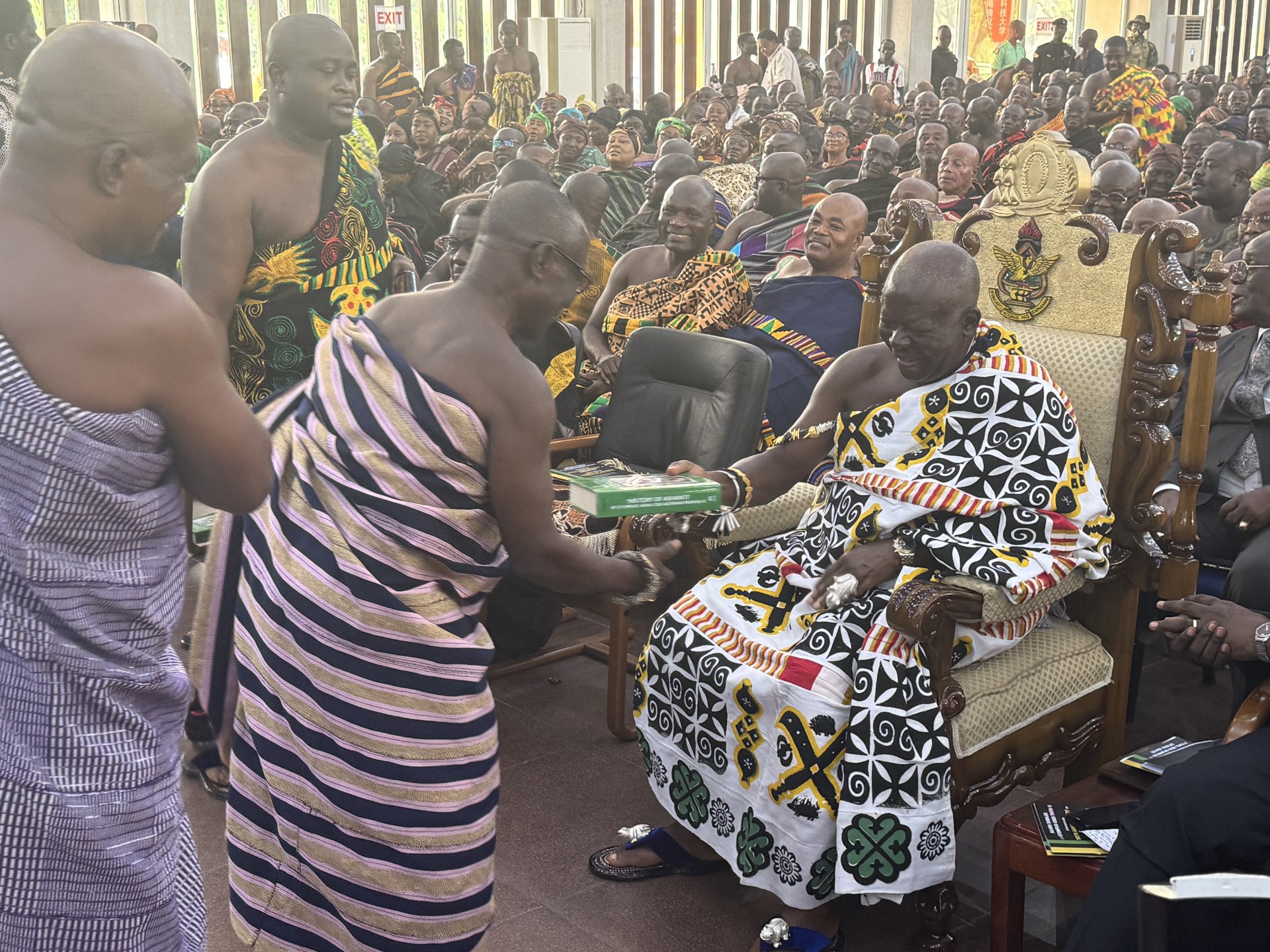


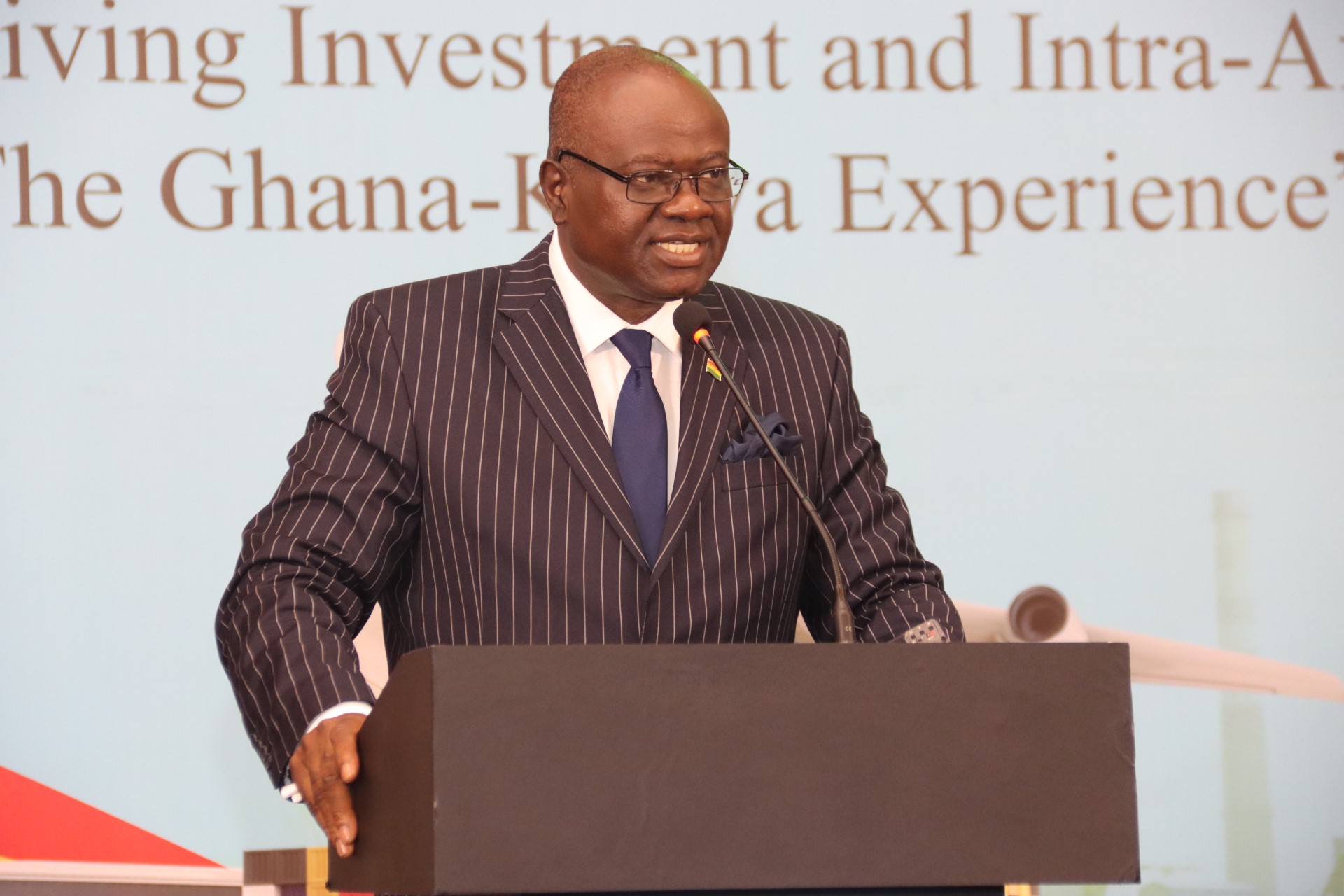

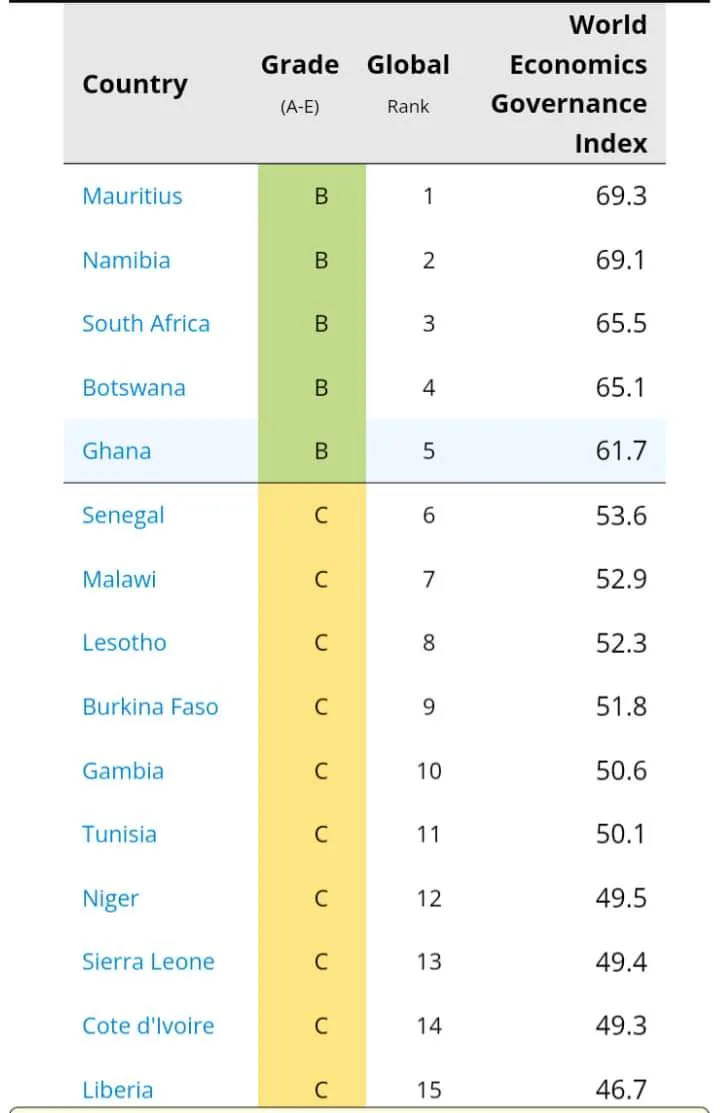


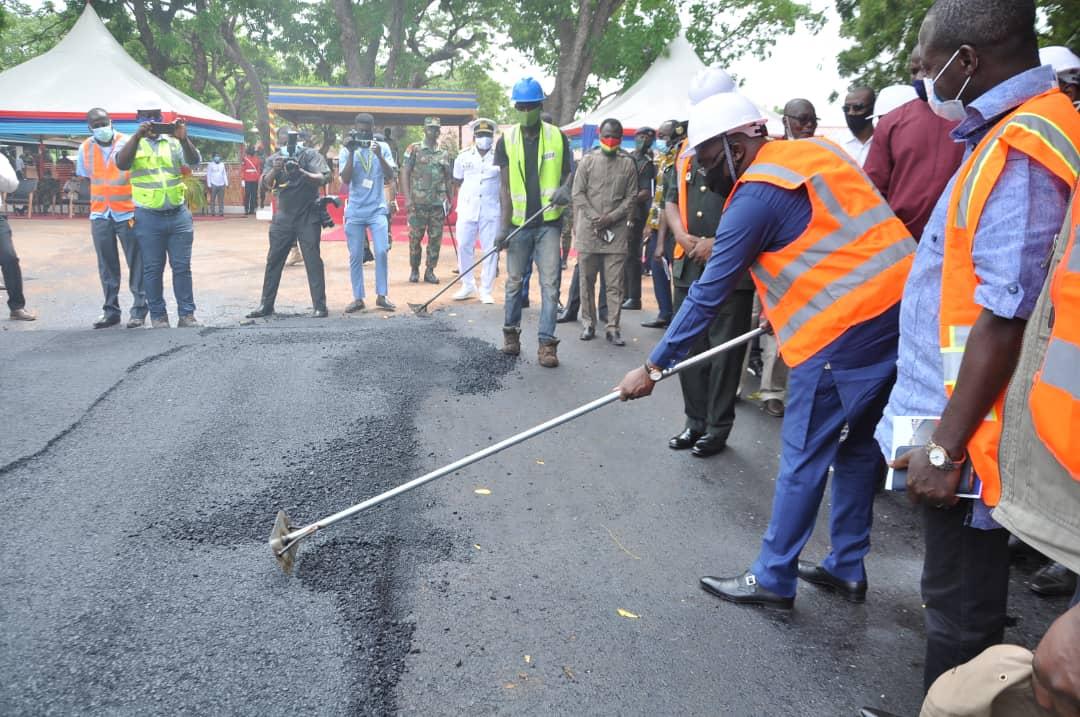
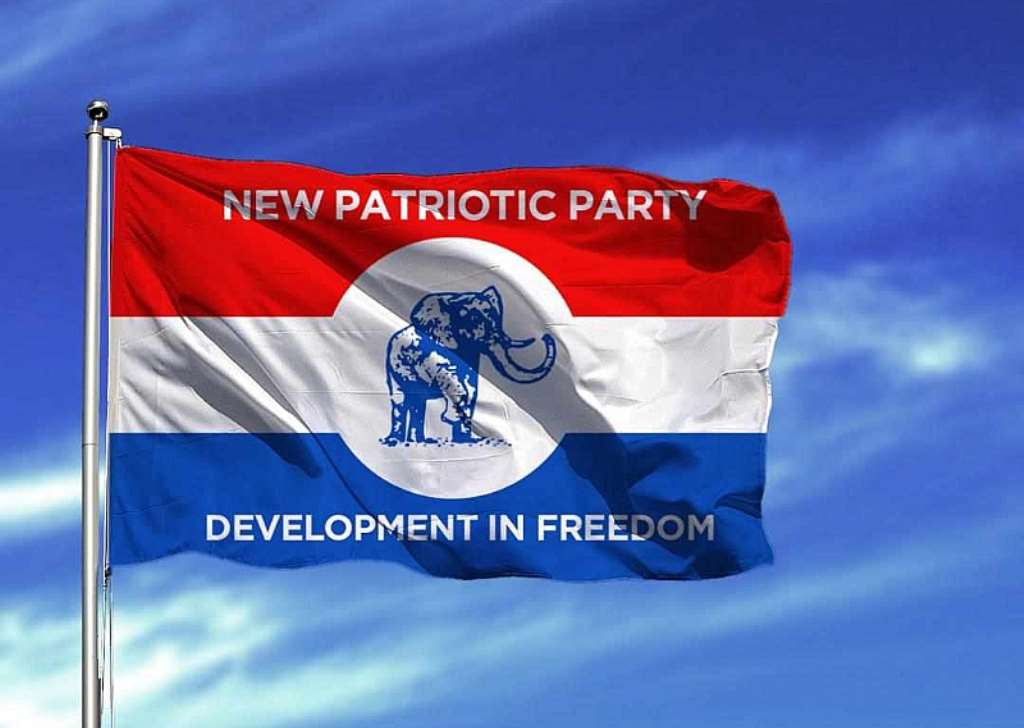










Facebook
Twitter
Pinterest
Instagram
Google+
YouTube
LinkedIn
RSS